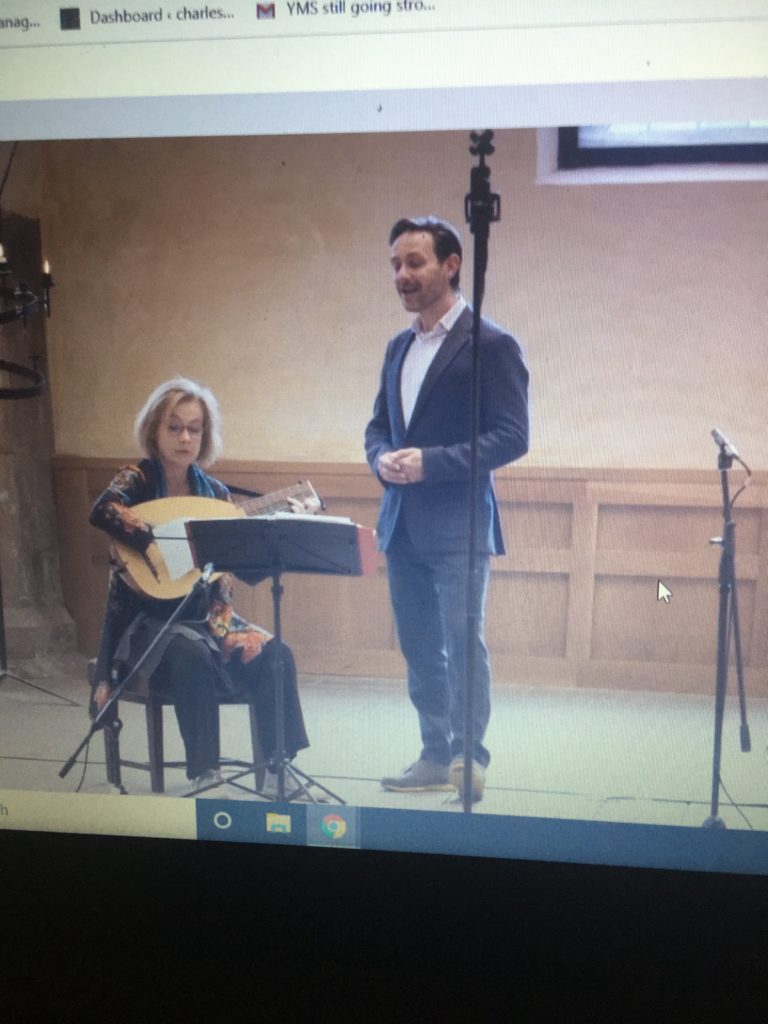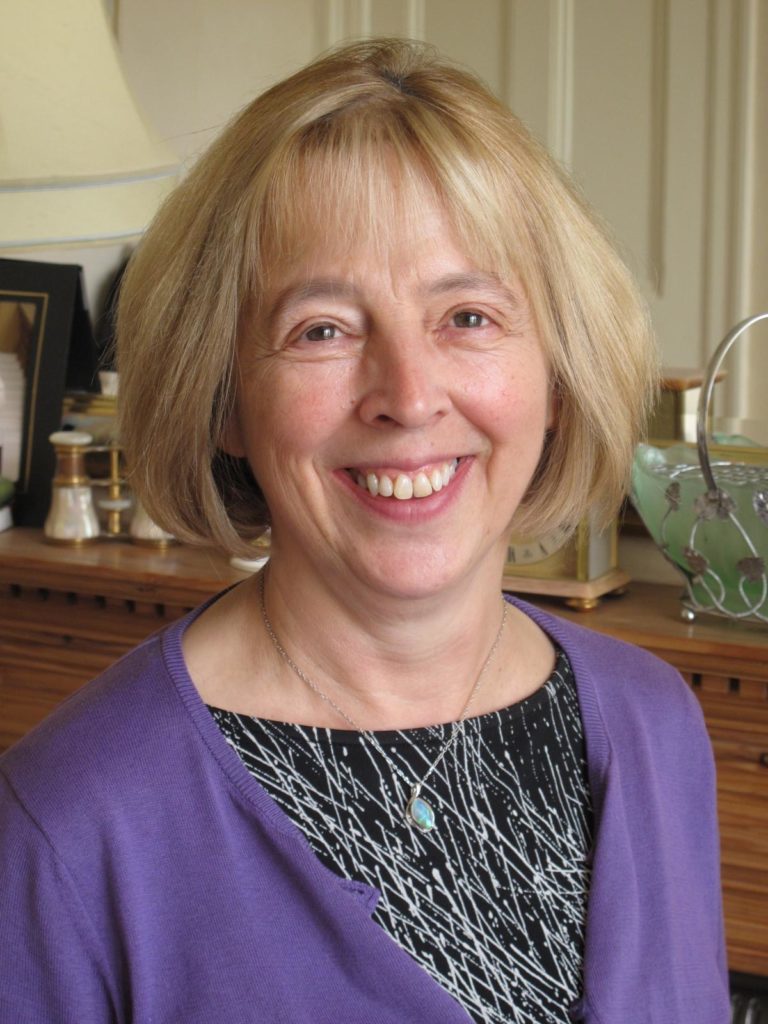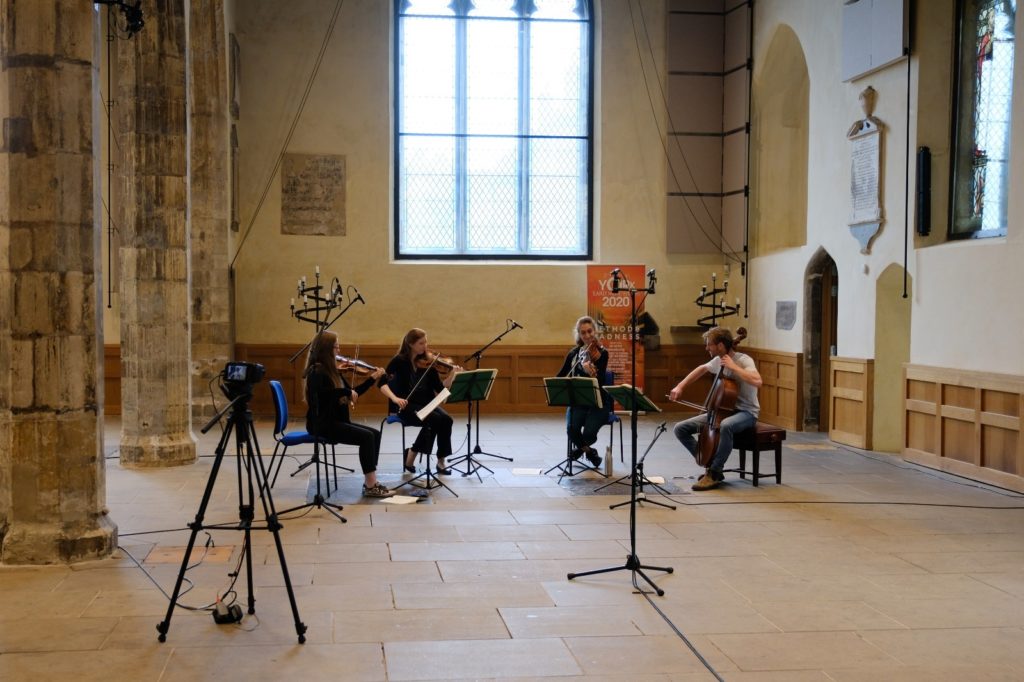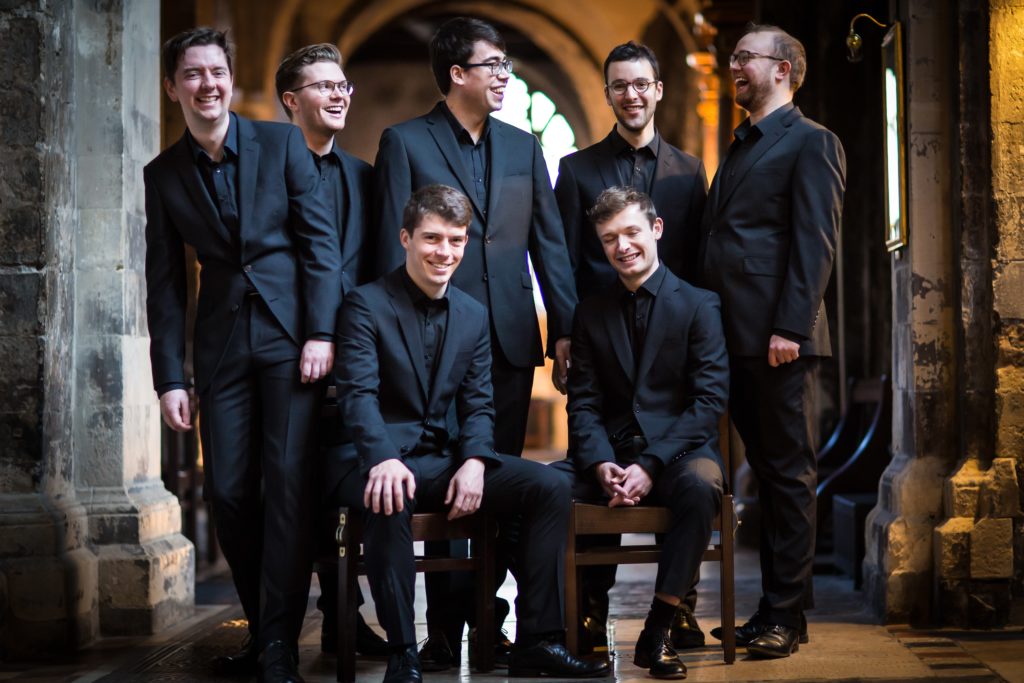
ENCOUNTERS, the 2021 York Early Music Festival, will be briefer than first trailered.
Already cut from its usual ten days under Covid constraints, the live festival will now run from July 12 to 15, rather than until July 16 after the Government’s Step 4 lockdown easement was delayed from June 21 to July 19.
This has ruled out the participation of Spanish Baroque ensemble L’Apothéose, winners of the 2019 York Early Music International Young Artists Competition, along with Ensemble Clément Janequin, from France, and the Italian-Spanish trio sonata ensemble La Vaghezza. In their stead come two late additions: British vocal ensemble The Gesualdo Six and Florilegium.
“The festival may have shrunk from ten days to four, but it’s still jam-packed with concerts, which will be one hour in length, with no interval and no reserved seating, audience members being seated on arrival within social bubbles” says festival director Delma Tomlin.
“Because any musicians who lived outside of the UK had to consider the need to quarantine or the consequences of a positive Covid test once here, it just wasn’t worth the complications for them or us.
“The good news is that L’Apothéose will now play their Young Artists’ Showcase and record here next March; we hope to carry EEEmerging artists La Vaghezza over into the 2022 festival, though that will not be possible for Ensemble Clément Janequin, and the York Early Music International Young Artists Competition will definitely return at next summer’s festival, after the competition couldn’t happen this year.”
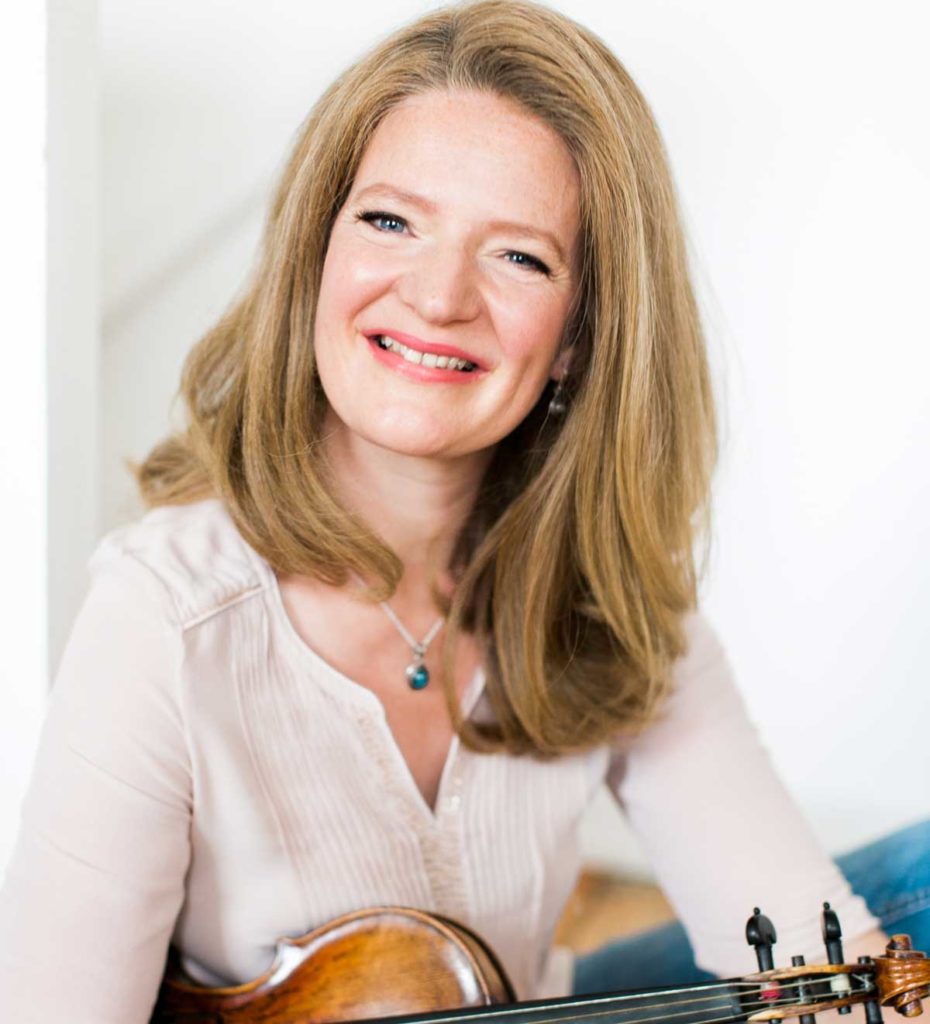
Delma expects that plenty of international musicians who had to forego performing in the 2020 festival, after being booked for the aborted original programme, will now play at the 2022 event. “The festival is filling up already, but not yet with a theme in place!” she says.
In another sign of Covid-times, the 2021 festival is a non-brochure event. “We had boxes and boxes of brochures that we then had to recycle, once everything changed, and since then we’ve doing everything online,” says Delma.
“So we’ve been reliant on people looking online constantly for updates and programme details for our 2020 Christmas festival, the Awaken concert series, the Beverley and East Riding Early Music Festival, and now this summer’s festival, but I can confirm we’ll produce print in the autumn for the 2021 York Early Music Christmas Festival.”
Roll on Monday’s opening concert “At last, we’re able to welcome audiences back to York in person,” says Delma. “The theme of Encounters, most vitally between audience and artists, seems particularly pertinent at this time when we can celebrate the joy of music making and being back together again to appreciate these glorious sounds together.
“For over a year, our home of St Margaret’s Church has been missing the energy and excitement that live audiences bring to us and we can’t wait to throw our doors wide open again.”
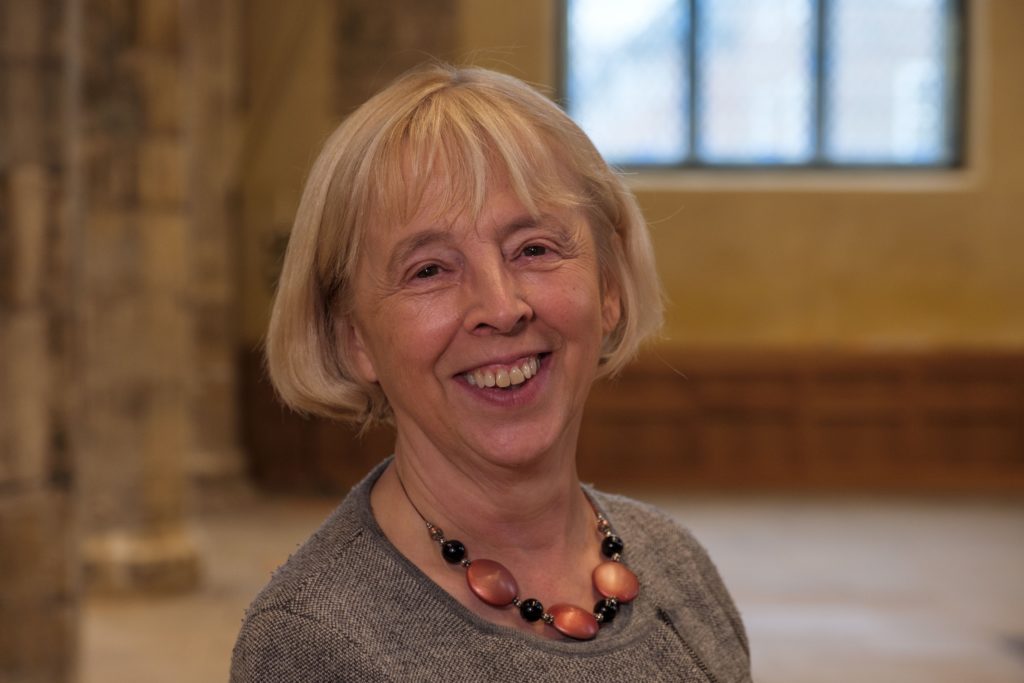
Both the opening and closing concerts will be performed twice at the National Centre for Early Music, Walmgate: Monteverdi String Band, led by Oliver Webb, on July 12 at 6.30pm and 8.45pm and The Gesualdo Six on July 15 at the same times.
“We’ll clean everything down and put the same concert on 90 minutes later,” explains Delma. “The 6.30pm concerts are sold out but we still have tickets available for the later performances.
“Oddly enough, The Gesualdo Six were meant to be playing at a festival in France at this time but couldn’t go, so we’ve been able to accommodate them, and Ensemble Clément Janequin, who can’t come here, will now be playing in France!”
Florilegium step into the festival breach to perform a Celebrating Bach programme at the NCEM on Wednesday at 7.30pm, joining a line-up of guest artists such as harpsichordist Steven Devine with Robin Bigwood (St Lawrence’s Church, Hull Road, Tuesday, 1pm) and violinist Rachel Podger (St Lawrence’s Church, Tuesday, 9.15pm).
The Society of Strange & Ancient Instruments present their weird and wonderful Trumpet Marine Project (The Citadel, Gillygate, Wednesday, 1pm, sold out); lutenist Jacob Heringman celebrates Josquin des Prez in Master of the notes II: Inviolata (Merchant Adventurers’ Hall, Fossgate, Wednesday, 9.30pm, sold out) and bass Matthew Brook, in tandem with York classical leading light Peter Seymour, performs Amore Traditore – Cantatas for bass and harpsichord (St Lawrence’s Church, Thursday, 1pm).
Delma is particularly delighted to announce that the festival will be working in partnership with the Alamire Foundation, in Flanders, to present a long-awaited concert at York Minster by renaissance vocal ensemble Stile Antico in Tuesday’s 7.30pm programme of Josquin des Prez – Master of the notes I: Missa Sine Nominee on the 500th anniversary of the Franco-Flemish genius’s death.
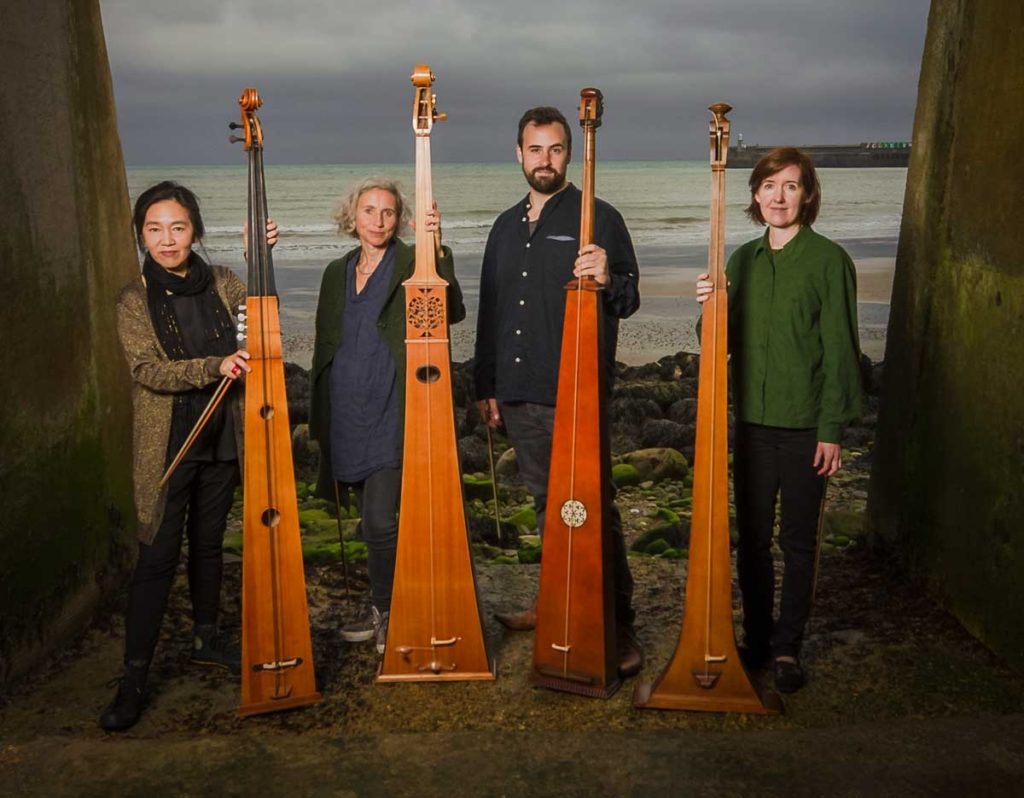
The live festival may be shorter, but the event will still run to Sunday in an online festival, YEMF ’21 Online, available from Thursday to the weekend, after the success of last summer’s first online package.
“This will include concerts recorded during the festival alongside specially commissioned highlights by the Rose Consort of Viols and the University Baroque Ensemble,” says Delma.
“The Gesualdo Six will open this four-day online festival with a live streamed concert from the NCEM on Thursday at 6.30pm.
“The online festival provides us with the opportunity to share some of the festival highlights with the widest possible audience, presenting concerts filmed by digital producer Ben Pugh and sound engineer Tim Archer in some of the city’s stunning venues: Merchant Adventurers’ Hall, St Lawrence’s Church and St Margaret’s Church,” says Delma.
“Going online extends the festival’s reach internationally, giving us the chance to boost our ticket income possibilities, so while we use small venues, such as lutenist Jacob Heringman playing to 60 people in candlelight at the Merchant Adventurers’ Hall, the decision to embrace online opportunities means others can enjoy it too. This provides a new stream of income at this time, turning around our business strategy on a pin.”
All next week’s concerts will be streamed, except for Stile Antico, whose Josquin des Prez programme instead will be available online at Laus Polyphoniae 2021, part of the Flanders Festival that runs in Antwerp from August 20 to 29.
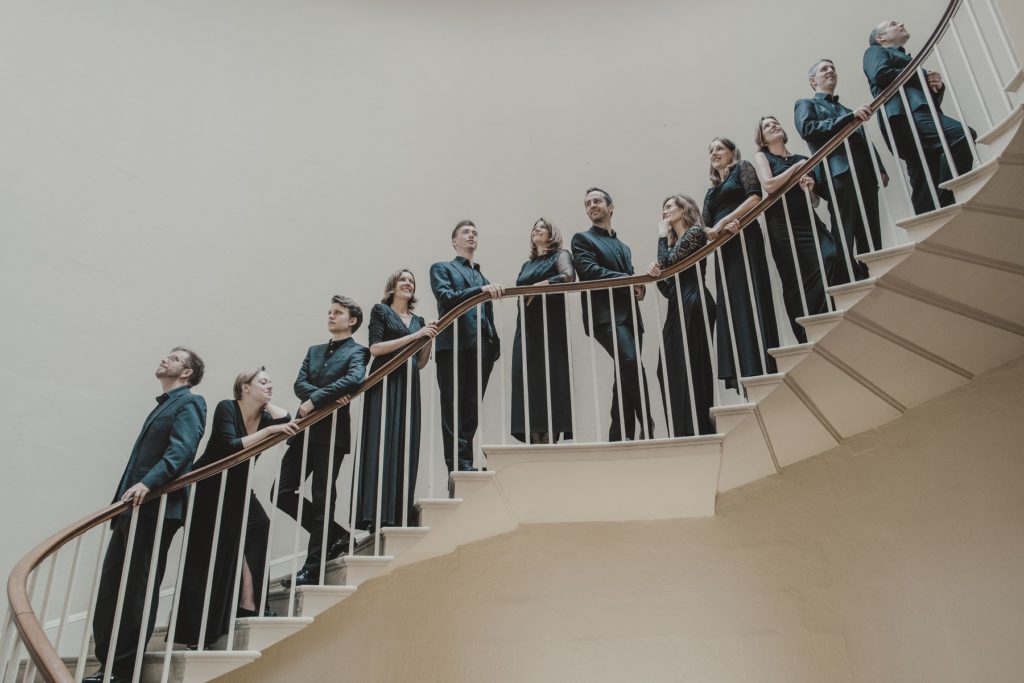
The NCEM and York Early Music Festival have embraced the need to explore digital opportunities since the pandemic took hold. “The acquisition of Tim Archer, who I’ve known through our relationship with BBC Radio 3, has been key to this. When Tim left Radio 3, I asked him to work with us as our sound engineer, and he’s since worked alongside Ben Pugh on our festivals and the Awaken spring event,” says Delma.
“On top of that, we’ve been very grateful to have been granted Culture Recovery Fund funds to support our sustainable strategy,” says Delma.
“We’ve received two funding boosts, the first for the acquisition of digital equipment, the second to help to cover the loss of income after we lost £100,000 from our usual revenue streams because of the pandemic lockdowns.”
Reflecting on the changes brought on by the need to react to Covid times, Delma says: “It has pushed us very specifically into a whole new world of digital sharing and income generation, running parallel with that, and all our staff have been willing to adapt and embrace the changes. We’ve also been determined to make the online service as simple to use as possible, requiring only your email address.
“The other very positive thing has been our blossoming relationship with The Crescent [community venue] and The Fulford Arms, especially with Harkirit Boparai and Chris Sherrington, and the Independent Music network, putting on the Songs Under Skies concerts in the NCEM garden last summer and this summer.”
Post-festival, the YEMF ’21 Online concerts will be available to view on demand until August 13 2021 and tickets will be on sale until August 6 at ncem.co.uk. Live festival tickets are selling fast, with social distancing measures still in place to limit numbers, so hurry, hurry to book at ncem.co.uk before you are too late to be Early next week.
Did you know?
THE 2021 York Early Music Festival concerts by Rachel Podger, The Society Of Strange & Ancient Instruments and The Gesualdo Six will be recorded for broadcast on BBC Radio 3’s Early Music Show in late-July.
Copyright of The Press, York

